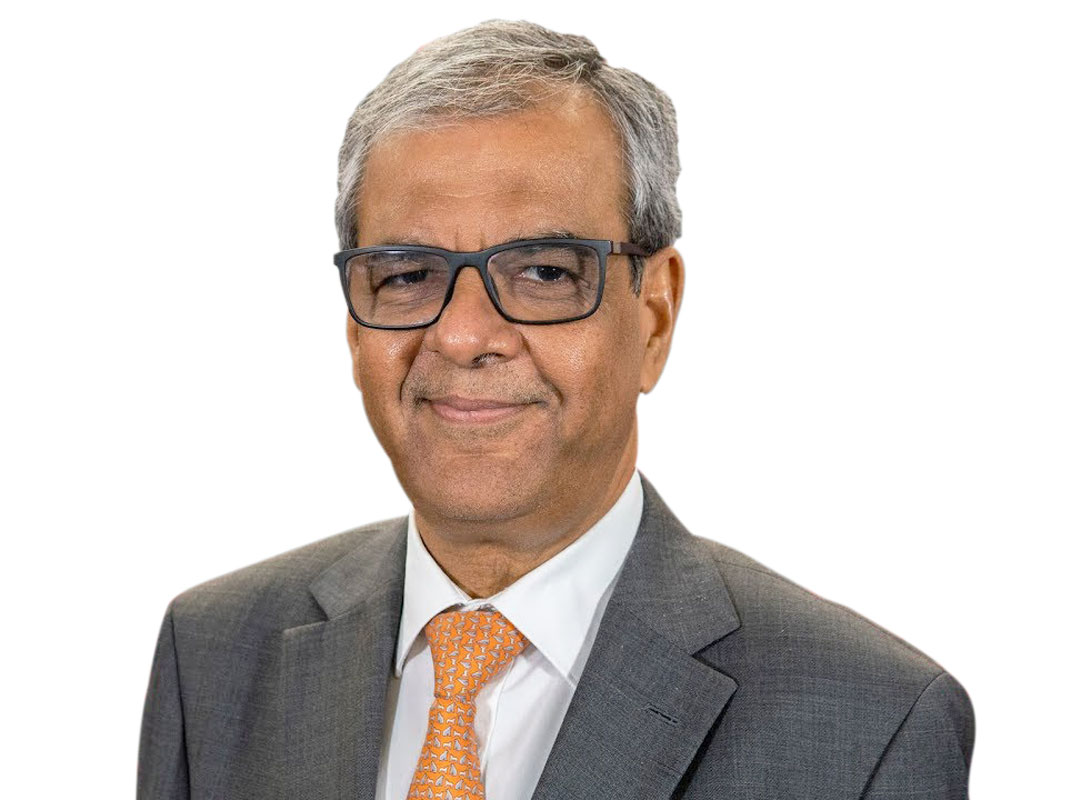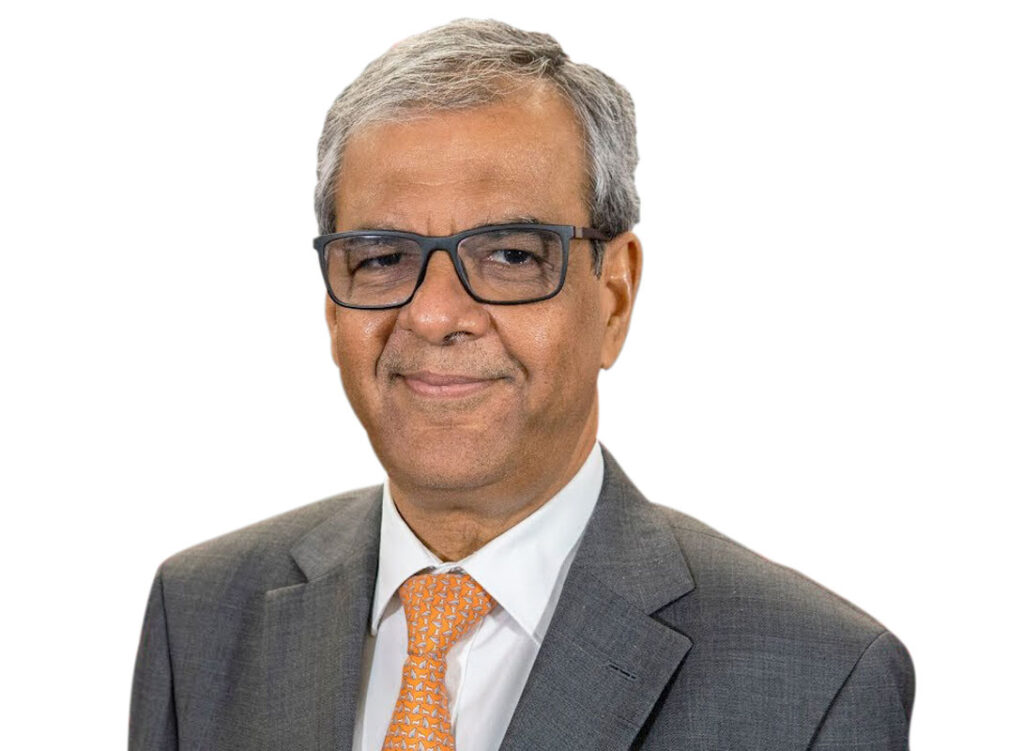
Are you making more digital payments after the pandemic struck and will you continue to do so in the future too? Have you given cyber protection to your mobile phone and computer against malware, hacking and other electronic frauds? India is witnessing a paradigm shift in digital technologies with electronic transactions becoming the order of the day, as this can be done with just a few buttons on our mobile Apps, but the government, banking sector, financial institutions and payment companies are constantly challenged to set up a reliable, safe and trust-worthy architecture for digital economy to take off, said panellists at two sessions at the virtual Rotary institute.
Giving the European viewpoint on the digital industry, Philippe Mareine, chief digital officer and CSR head, Atos, France, said, “there is an explosion of online shopping with consumers enjoying a new easy payment experience. After coronavirus, we have made many improvements in the safety aspects of digital transactions by leveraging artificial intelligence for detection and prevention of fraud.”
Digital solutions can have a huge impact in decreasing global carbon emission by at least 15–20 per cent. “At times such transactions may be a problem, but this is a global solution in moving towards carbon neutral world,” said Mareine. Europe has made a strong commitment to achieve carbon neutrality by 2050 as stated in the Paris Agreement on climate change. He said companies like Atos are making collective efforts through joint research on global solutions that usher in a better environment.
New standards are being developed in Europe to ensure trust and confidence while exchanging data on digital platforms. Also, products are being recycled with close relationship between the manufacturers and retailers to minimise e-waste. “New digital solutions are being explored through research in quantum computing for reducing carbon emissions and building a trustworthy ecosystem between companies and their partners,” he said.
Inflexion year
Front-end companies, startups, financial institutions and payment firms have a great opportunity now to achieve exponential growth by leveraging various payment networks and the emerging new fintech architecture, said Ashok Vaswani, CEO, Barclays Bank. Digital transactions which had a nominal growth rate of 3–5 per cent in the last few years, suddenly went up to 20–25 per cent in 2020, an inflexion year, and continue to rise rapidly.
There are four key stakeholders in the digital economy: consumers and small businesses; government and regulators; banks and financial institutions; and network companies. “With the physicality of cash getting reduced, the velocity of cash flow through digital platforms will increase exponentially. Along with a level of convenience, we have to worry about frauds, scams and regulators have to move in,” he said. Banks have to install systems that are resilient and can prevent cyber attacks on its data servers and networks. “Digital advances and innovations will give rise to new solutions and many network and payment companies will leverage on this new-wave technology,” Vaswani added.
Barclays Bank is pushing for digital receipts for each transaction then and there and if one uses a credit or debit card for shopping, a “return process based on the QR code will reveal what you have bought at the supermarket, through an SKU-level data.” This will enable companies to know consumer preferences and market trends through analytics, thus giving rise to a new line of business model. Fear of handling cash and the rising cost of logistics will force all segments of society to adopt digital payments at a much greater pace than before, said Anish Sarkar, CEO, Sodexo
BRS India.
“Mobile payment, a part of digital transactions, alone is expected to grow by over 60 per cent in the next five years, a paradigm shift in our economy,” he noted. With such massive explosion of digital payments and India being a grossly under-banked country, fintech dealers will benefit from this huge growth opportunity, said Sarkar.
Goodbye to bank branches
In the next 5–6 years, banks will close down most of their branches as customers need not visit them for transactions. “As we move ahead, personal banking will be done at the touch of few buttons on your mobile Apps. Most banks have already started realising the need to cut down their branches,” he said. Regulators must check in to see that various financial entities and the banking sector manage and address the customers’ needs in a fair manner.
Varun Sridhar, CEO, Paytm, and Bhupesh Daheria, CEO, Aegis School of Data Sciences, explained that new players in the market would have to scale up their business volumes to make profits, while consumers have more choices for digital payment platforms. “Artificial intelligence and data sciences have key roles to ensure digital networks follow rules of the game and cyber security is extended to appliances, data servers, cloud and network systems,” said Daheria. Nasir Shaikh, HR head and VP, Atos India, moderated the panel discussion.







